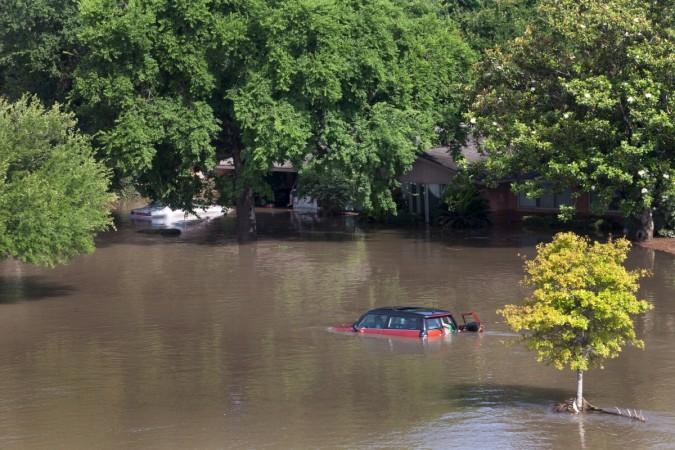
Extreme downpour and associated weather events such as flash floods are likely to occur three times more often by 2100 according to the latest science research.
Events like these witnessed in areas such as Louisiana, Houston and West Virginia earlier this year, are also likely to occur as much as six times more frequently in parts of the Mississippi Delta.
The study– a high -resolution computer simulation– projected at least a fivefold increase in massive downpours in areas such as Gulf Coast, Atlantic Coast and Southwest according to a study in the science journal–Nature Climate Change.
While scientists have already pointed out that across most of the United States, the heaviest rainfall events have become heavier and more frequent over the past few decades, the new computer simulation shows how much worse it will get, and what places will be affected. The reason is attributed to the fact that with man-made climate change, extreme downpours are likely to increase as warmer air holds more moisture.
The lead author of the study– Andreas Prein, a scientist at the National Center for Atmospheric Research said "It's much more likely that you'll get hit by very strong thunderstorms, very strong downpours in the future climate… What this means in the future is you might have a much higher potential for flash floods. This can have really big impacts."
He also added that on the whole, the entire U.S. will average an 180 percent increase in these types of downpours by 2100, but areas such as Midwest and parts of west coast won't be affected as much.
Other climate change experts such as Stanford University climate scientist Chris Field validated the findings and said" The paper elegantly shows why these heavy downpours increase in frequency when the air is moist but decrease when the air is dry…With high warming through the century, this paper projects that most of the U.S.(gets) scary increases in the frequency of downpours. "

















